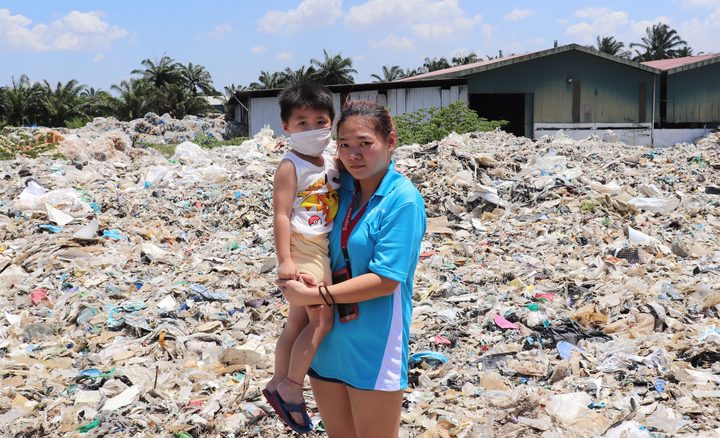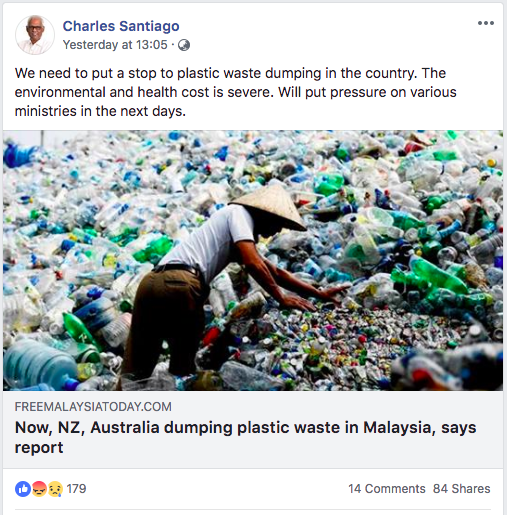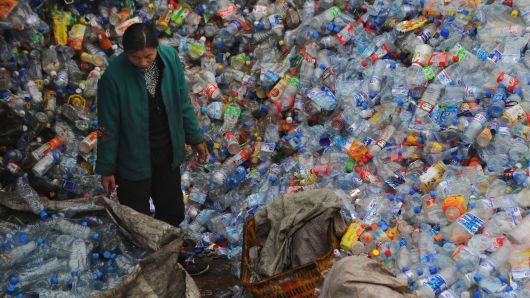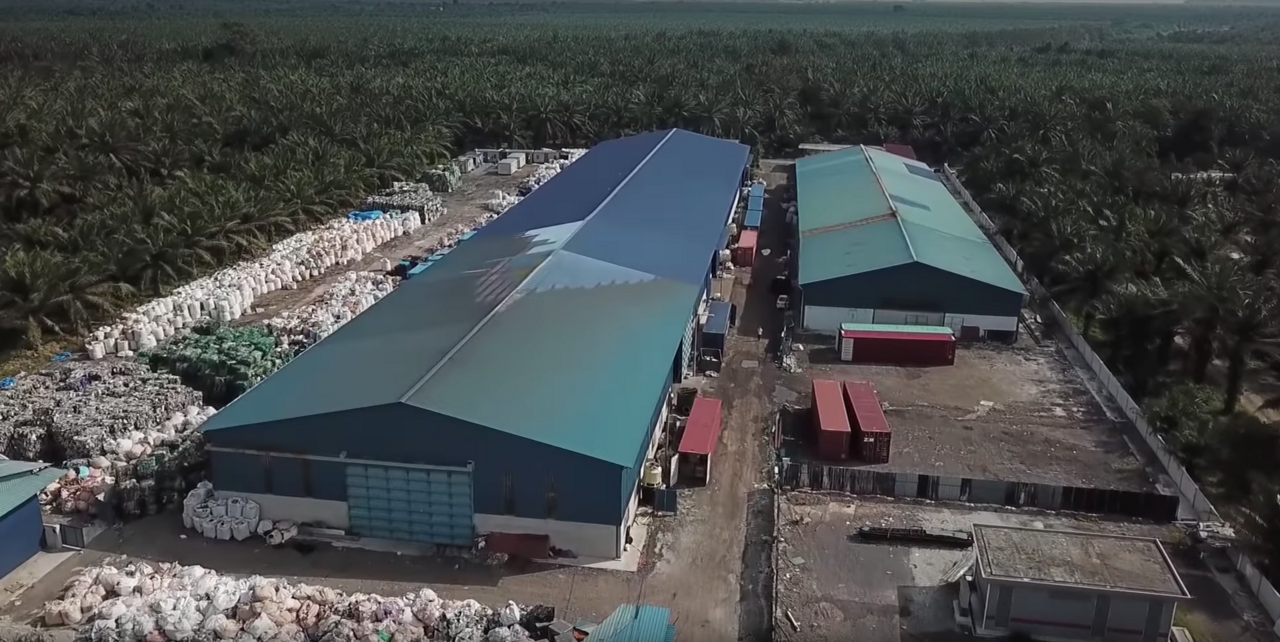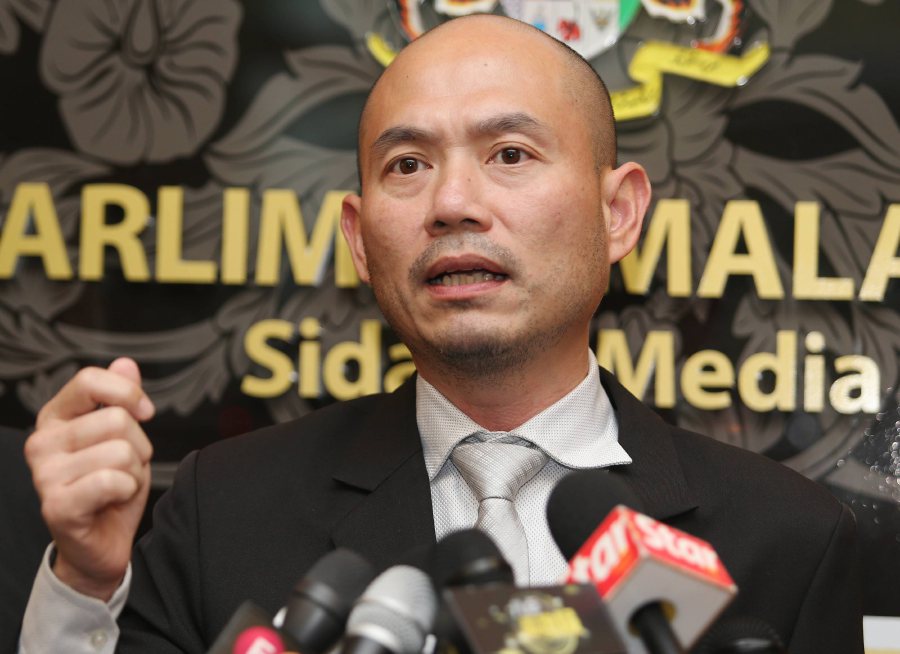Illegal Factories In Selangor Have Turned Malaysia Into A Plastic Waste Dumping Ground
The plastic waste comes from countries such as New Zealand, Australia, and the United Kingdom.
Yesterday, 23 September, RadioNZ Insight revealed that "thousands of tonnes of plastic" waste from New Zealand is being sent to Malaysia for burning and dumping
Reporter Nita Blake-Persen of RadioNZ Insight travelled to Malaysia to investigate the matter.
In addition to New Zealand, Australia and the United Kingdom also use Malaysia as their "dumping ground" for plastic waste.
The report highlighted, among other things, how illegal factories that take in plastic waste have affected the living conditions of Kuala Langat residents.
Several fish and prawn ponds have lost all of their stock, allegedly due to poisoning by toxic wastewater from the factories while, according to Kosmo!, other residents report that they suffer from insomnia, constant coughing, sore throats, and flu.
The report has drawn responses from politicians on both sides
Klang MP Charles Santiago called for a stop on plastic waste dumping in the country.
"The environmental and health cost is severe. Will put pressure on various ministries in the next days."
Rembau MP Khairy Jamaluddin tweeted the article, calling it "alarming" and asked the government to verify the news.
So how did this happen?
At the beginning of the year, China banned imports of certain waste products because it was seriously polluting its environment.
A woman stands amid a huge pile of used plastic bottles at a plastics recycling mill in Wuhan, China.
Image via Getty ImagesChina has taken in nearly half of the planet's plastic trash since 1988. These include single-use soda bottles, food wrappers, and plastic bags. These are then recycled to make even more plastic goods, reported The Verge.
The ban on plastic waste imports affected countries such as United States, the United Kingdom, and Germany; which leaves them looking for other ways to dispose of the waste.
In Jenjarom, Selangor, almost 40 illegal plastic recycling factories have popped up to meet the global demand
In a 23 July report by Malay Mail, residents of Kuala Langat believe that the recycling plants are "built in palm oil estates on grounds that is for agricultural purposes".
Jenjarom resident and chemist by profession Lay Peng Pua told RadioNZ that local authorities had visited 38 factories in July and found that only three had recycling permits.
On 1 September, Energy, Science, Technology, Environment, and Climate Change Minister Yeo Bee Yin announced that some of the illegal factories had been closed down.
"Many illegal factories are adopting a wait-and-see attitude. Once they see that the government has stopped taking action, they may start their operations again," Yeo was quoted as saying by The Star.
According to Pua, 14 of those factories had been shut down, but four have since begun operating again. In fact, one of the factories began operations merely hours after it was "shut down".
Sources believe the illegal factories are being operated by Chinese firms who are diverting their shipments here and that corruption has a play in the issue
In a 26 July report, sources told Malay Mail that China's ban forced its plastic recycling companies to look to Malaysia as a potential base for relocation.
The alleged reasoning behind the relocation was because it would be "easier and cheaper" due to geographical location, but most importantly, because Malaysia had "loose regulation".
A separate source told Malay Mail reporters, "It's likely that whispers within the industry gave them the impression that Malaysia was like China a bit, where you can just bribe officials to get things sorted out."
Kepong MP Lim Lip Eng said today, 24 September, that the problem is a continuation of a long battle that came to light in July
In a press statement, Lim called for local enforcers to be punished along with the illegal plastic recycling factories they were meant to police.
"Enforcement officers who have been compromised are to be disciplined. It is too much of a coincidence that the illegal factories are closed when Department of Environment (DoE) conducts their raids," he told Malay Mail.
Additionally, Selangor exco for environment, green technology, consumer and non-Islamic affairs Hee Loy Sian told Free Malaysia Today that the state government will be meeting with Yeo today, 24 September to discuss the issue.
